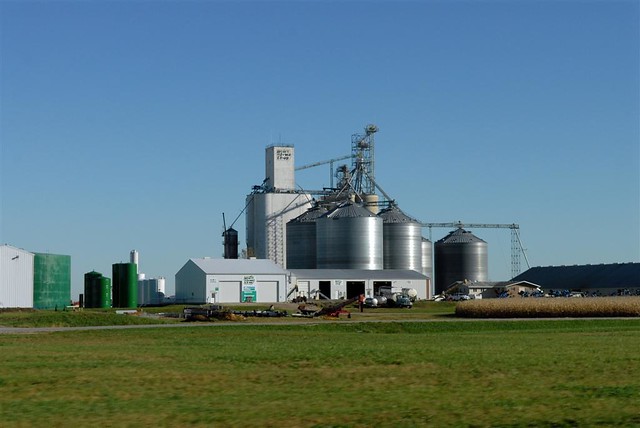India to allow diversion of up to 1.7 million tons of sugar for ethanol
As the world's second-biggest sugar producer, India had previously directed sugar mills not to use cane juice or syrup for ethanol due to concerns over production as drought hit key producing states like Maharashtra and Karnataka. However, on Friday, the government opted to permit the diversion of cane juice and B-heavy molasses for ethanol production, capping it at 1.7 million metric tons for the 2023/24 marketing year started on Oct. 1, according to officials.

- Country:
- India
India has decided to allow sugar mills to divert up to 1.7 million metric tons of sugar for ethanol production, government and industry officials said on Friday, as New Delhi aims to reduce disruptions in its ambitious biofuel program. As the world's second-biggest sugar producer, India had previously directed sugar mills not to use cane juice or syrup for ethanol due to concerns over production as drought hit key producing states like Maharashtra and Karnataka.
However, on Friday, the government opted to permit the diversion of cane juice and B-heavy molasses for ethanol production, capping it at 1.7 million metric tons for the 2023/24 marketing year started on Oct. 1, according to officials. "A quota will soon be allocated for sugar mills and distilleries," said a senior government official, who preferred not to be named, following official rules.
The available sugar supply would still be adequate to meet local demand, even with the diversion of sucrose for ethanol production, the official added. The government move will assist the industry, which has invested billions of dollars over the last five years to boost ethanol production capacity, said a senior industry official, also preferring anonymity.
Uneven rainfall in the primary sugar cane-growing states of Maharashtra and Karnataka has sparked concerns about this year's output. Anticipated production decreases have driven local sugar prices to their highest levels in nearly 14 years.
(This story has not been edited by Devdiscourse staff and is auto-generated from a syndicated feed.)
- READ MORE ON:
- New Delhi
- India
- Karnataka
- Uneven
- Maharashtra
ALSO READ
Indian airlines cancel 281 flights amid Middle East crisis
Upgraded Indian Culture portal launched, features AI-powered chatbot 'Bharti' to assist users
UPDATE 2-Cricket-India survive Bethell onslaught to book T20 World Cup final spot
Finland reiterates support for India's permanent UNSC membership as New Delhi welcomes Helsinki's interest in Indo-Pacific Oceans Initiative
Unbelievable feeling, heart rate at 160–175’: Suryakumar after India enter T20 WC final










